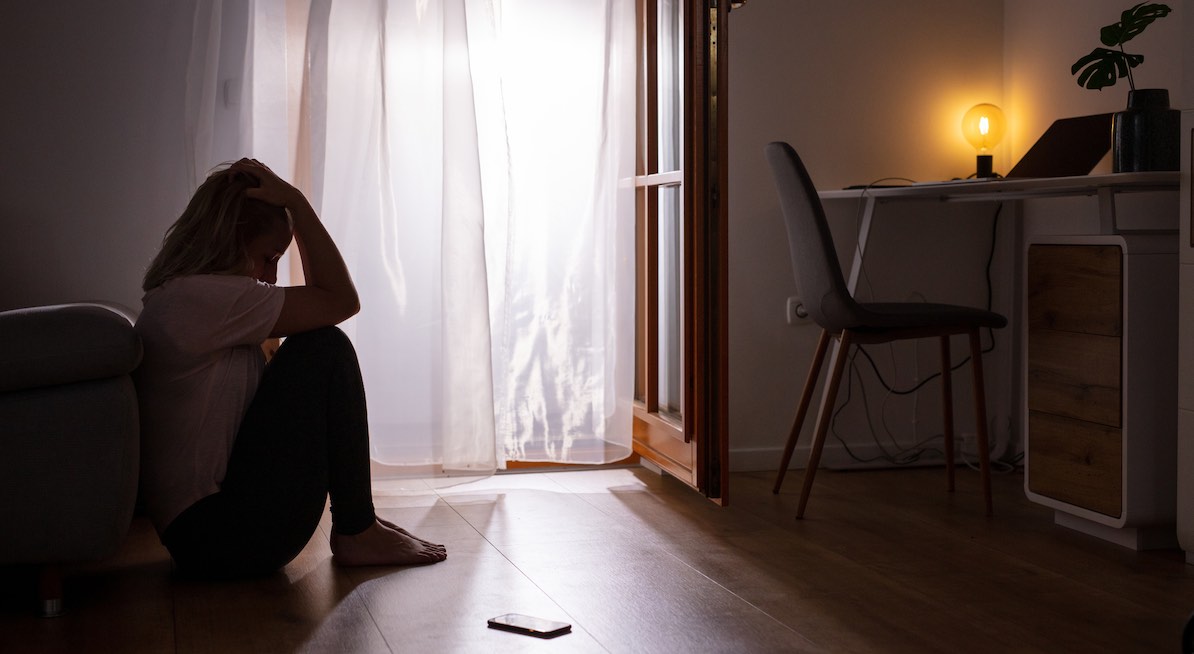(Charlotte Lozier Institute) As the summer of 2023 proceeds, a federal appeals court is continuing its deliberation over a lawsuit against the Food and Drug Administration (FDA) over the conditions for distribution of the abortion pill mifepristone. At issue are an array of FDA decisions to ease access to the drug, including allowing its distribution by mail and with little to no medical oversight.
Meanwhile, less widely publicized is the fact that, in other parts of the world, even pro-choice medical authorities have raised concerns about the safety threats to women of unsupervised abortions using mifepristone and misoprostol. These risks include, for example, undetected ectopic pregnancies rupturing and causing major hemorrhages, or even legal risks – in the United Kingdom (UK), a woman was recently jailed after taking the pills to kill her unborn child at eight months of gestation. These threats include the risk of abuse and trafficking victims being subjected to abortions without their consent – or remaining unidentified as victims even in consensual abortions.
This is important since evidence shows abortion centers are one of the most common sites visited by trafficking victims, and the links between abortion and domestic abuse are well-known.
Why is this specifically a threat? To see this, we can look at what abortion providers outside the U.S. explicitly say to their clients.
Take, for example, a report on late-term abortion from the British Pregnancy Advisory Service (BPAS), the UK’s leading abortion provider:
30% of abuse either starts or intensifies during pregnancy. It is unsurprising that women experiencing domestic violence feature heavily in this study. Pregnancy decision-making for these women may be more complex and take longer because they are in unpredictable situations and are trying to establish what is in the best interests of themselves, their existing children, and the child they may go on to have.
This should raise alarm bells: women in this situation need particular care and help with decision-making – not just to be sent abortion pills in the mail after a minute or two of online or telephonic conversation. But here is the most revealing part:
“Domestic violence screening is an important part of the care pathway at BPAS. Women are always seen alone and asked if they feel safe at home. For some women this is their first opportunity to see a healthcare professional without their partner and to disclose a violent relationship.”
READ: Coerced abortion: It’s far more common than you think
BPAS recognizes that abortion consultations are a particularly important place to identify victims of abuse. And they are adamant that women are always seen alone – because only then can they be confident the woman is choosing this for herself and is not under any coercive abuse.
But here is the central point: With phone or video consultations, it is impossible to ensure that you are seeing the woman alone. Consider how easy it is for an abusive partner to force an abortion on a woman now: All they have to do is sit next to the woman on the phone while she asks for abortion pills under his orders. No one could seriously believe that, in this situation, when the abortion provider asks if it is really her choice, he is going to get an informative answer. A recent survey of women who underwent abortions showed that a third experienced at least moderate pressure from their male partner to abort, and a third likewise experienced at least moderate pressure from their family.
That as many as hundreds of thousands of women may be aborting under pressure from others hardly forms the picture of empowered, liberated women the abortion industry tries to paint. Quite the opposite.
BPAS was not an anomaly (they have now reneged on their assurance to protect women and switched to mail-order abortions). Marie Stopes – perhaps the other leading abortion business in the UK, and one of the leading abortion businesses in the world – still (as of July 18, 2023) says exactly the same. In their Frequently Asked Questions, they specifically address the (frequently asked!) question: “I’m being pressured into having an abortion – what should I do?”
Marie Stopes reassures their clients in exactly the same way:
“We will not provide treatment unless you are certain of your decision. As part of an abortion appointment you would have a private consultation before treatment, away from any person who has accompanied you to the clinic. You can talk to your team in private and let them know what you are experiencing.”
To this day, this is the assurance Marie Stopes gives victims of abuse. But in this case, it is an outright lie, since Marie Stopes offers telemedicine consultations where it cannot possibly be ensured that the woman is speaking in private, away from anyone else who might be coercing her.
It is for reasons like this that not only pro-life groups, but also leading pro-choice medical authorities in the UK have raised concerns about telemedicine abortion, even campaigning for the law to be changed to prohibit this method of providing abortion pills. These groups include the Royal College of Paediatrics and Child Health and the National Network of Designated Healthcare Professionals – the National Health Service body specifically tasked with child safeguarding.
People can, and do, disagree about the ethics of abortion, and whether it should be legal. But we can all agree that coerced abortion is a human rights abuse which should never be experienced by any woman, and that abortion providers should never give out abortion pills without qualified medical and counseling personnel seeing a woman alone in person first. Abortion providers do not even need to listen to their colleagues with safeguarding expertise to recognize this basic duty: they just need to take a fresh look at their own commitments to women.
Editor’s Note: This article was originally published at Charlotte Lozier Institute and is reprinted here with permission.







